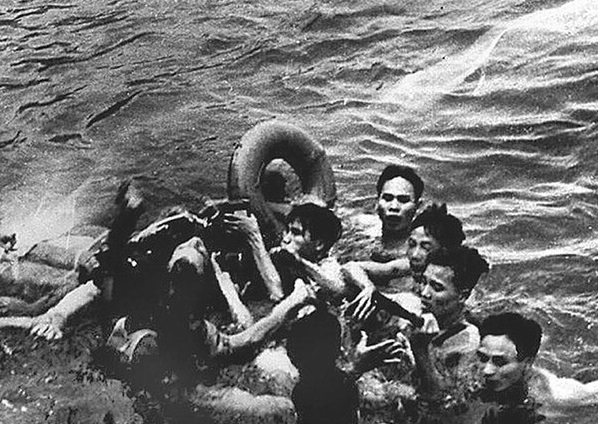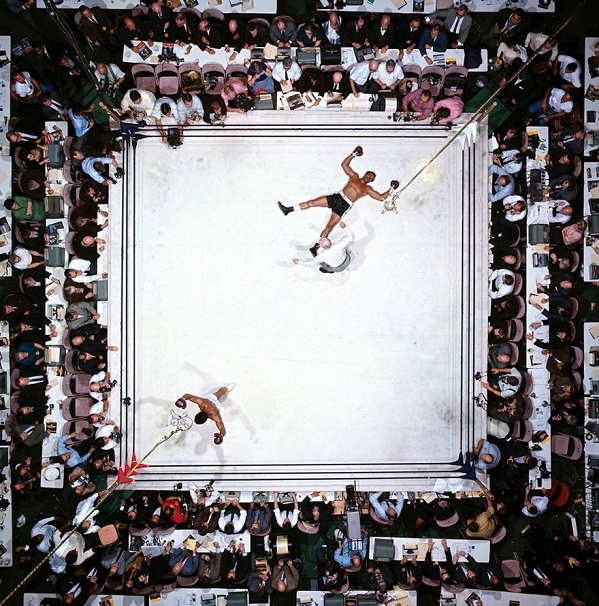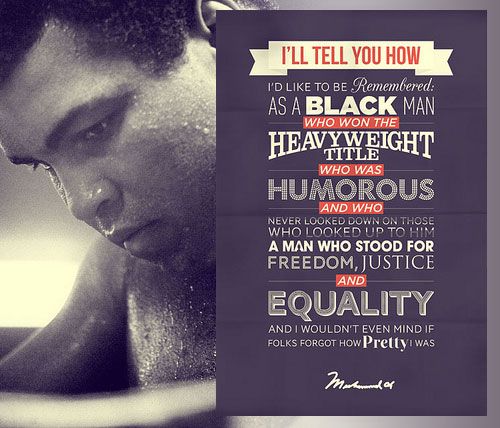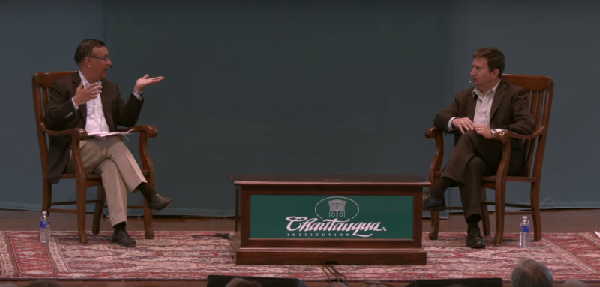John McCain for whom the bell now tolls, RIP
Sunday, August 26th, 2018[ by Charles Cameron — a small but necessary personal tribute, along with corroborating witnesses for the details and more ]
.
McCain limps home, from Hanoi to freedom:
**
I want to say a quick word about John McCain, may his echoes remain long among us, before culling some significant images and quotes from other sources. I came late to my knowledge of the man, but when I arrived there, the two matters that most impressed me were:
First, that when after a couple of years of imprisonment and torture at the hands of the North Vietnamese he was offered release, he refused it and opted consciously for years more of the same unless his fellow POWs were also released, in accord with Article III of the Military Code of Conduct to “accept neither parole nor special favors from the enemy.” That was an act of almost unbelievable courage ..
**
In more detail, from elsewhere:
The protagonist of Ernest Hemingway’s novel “For Whom the Bell Tolls” is Robert Jordan, a young American who left his job to fight with the Republican side, against the Nazi-supported Nationalists, in the Spanish Civil War. He never loses sight of his objective — the demolition of a bridge — despite doubts about whether the mission is necessary or even possible. He hates fascism and feels a profound sense of duty to oppose it.
John McCain, who died Saturday in Arizona after a 14-month fight against brain cancer, always said this 1940 novel about guerrilla warfare was his favorite and that its hero was a source of inspiration throughout his life — even as a prisoner of war in Vietnam.
Yahoo, The bell tolls for John McCain: How Hemingway’s antifascist hero shaped the man
The crew on the carrier Forrestal put out a fire that killed 134 men in the worst noncombat incident in American naval history. Mr. McCain was seriously injured. Credit: U.S. Navy, via Associated Press
*
Promoted to lieutenant commander in early 1967, Mr. McCain requested combat duty and was assigned to the carrier Forrestal, operating in the Gulf of Tonkin. Its A-4E Skyhawk warplanes were bombing North Vietnam in the campaign known as Operation Rolling Thunder. He flew five missions.
Then, on July 29, 1967, he had just strapped himself into his cockpit on a deck crowded with planes when a missile fired accidentally from another jet struck his 200-gallon exterior fuel tank, and it exploded in flames. He scrambled out, crawled onto the plane’s nose, dived onto a deck seething with burning fuel and rolled away until he cleared the flames.
As he stood up, other aircraft and bomb loads exploded on deck. He was hit in the legs and chest by burning shrapnel. At one point, the Forrestal skipper considered abandoning ship. When the fire was finally brought under control, 134 men had been killed in the worst noncombat incident in American naval history.
New York Times, John McCain, War Hero, Senator, Presidential Contender, Dies at 81
Those who escape unscathed from such close calls are marked for life.
And then there’s so much more..
Mr. McCain, center, after he ejected from his fighter plane in 1967 and fell into a lake. The Vietnamese imprisoned and tortured him for more than five years. Credit: Library of Congress
*
Mr. McCain was stripped to his skivvies, kicked and spat upon, then bayoneted in the left ankle and groin. A North Vietnamese soldier struck him with his rifle butt, breaking a shoulder. A woman tried to give him a cup of tea as a photographer snapped pictures. Carried to a truck, Mr. McCain was driven to Hoa Lo, the prison compound its American inmates had labeled the Hanoi Hilton.
New York Times, John McCain, War Hero, Senator, Presidential Contender, Dies at 81
McCain’s conduct during nearly six years in a North Vietnamese prison, the infamous Hanoi Hilton, had become the stuff of legend. In 1968, less than a year after his Navy bomber was shot down, the imprisoned McCain was abruptly offered unconditional release by the North Vietnamese, perhaps because his father had just been named the commander of U.S. forces in the Pacific. McCain was still badly crippled from his crash and the poor medical treatment that followed, yet he adhered to the P.O.W. code of honor and refused to be repatriated ahead of American prisoners who had been in captivity longer than he. His refusal was adamant. His guard told him, “Now, McCain, it will be very bad for you.” He was tortured for his defiance, and ultimately spent more than two years in solitary confinement.
New Yorker, The True Nature of John McCain’s Heroism
Years later, as McCain reflected on this period, he said he held no ill will toward his captors. “I don’t blame them. We’re in a war,” McCain said in a separate interview with C-SPAN in 2017. “I didn’t like it, but at the same time when you are in a war and you are captured by the enemy, you can’t expect to have tea,” McCain said.
NPR, From A POW Prison, John McCain Emerged A ‘Maverick’
Honestly, the fact that he’s spent so much time in Trump’s crosshairs should arguably serve as a clue that the guy’s integrity might be above average on Capitol Hill whether you happen to agree with his positions or not.
Paste, HBO’s Valedictory John McCain: For Whom the Bell Tolls Is Not a Puff Piece
**
Second, that he continued his opposition to the torture of others throughout his life ..
Others may speak of McCain from close personal acquaintance, or with a deeper historical awareness of his life and service, but what little I can say, I can say with deep sincerity and respect:
The man had guts — courage — nobility. Here was a man of whom the Senate and all America can and should be justifiably proud.













